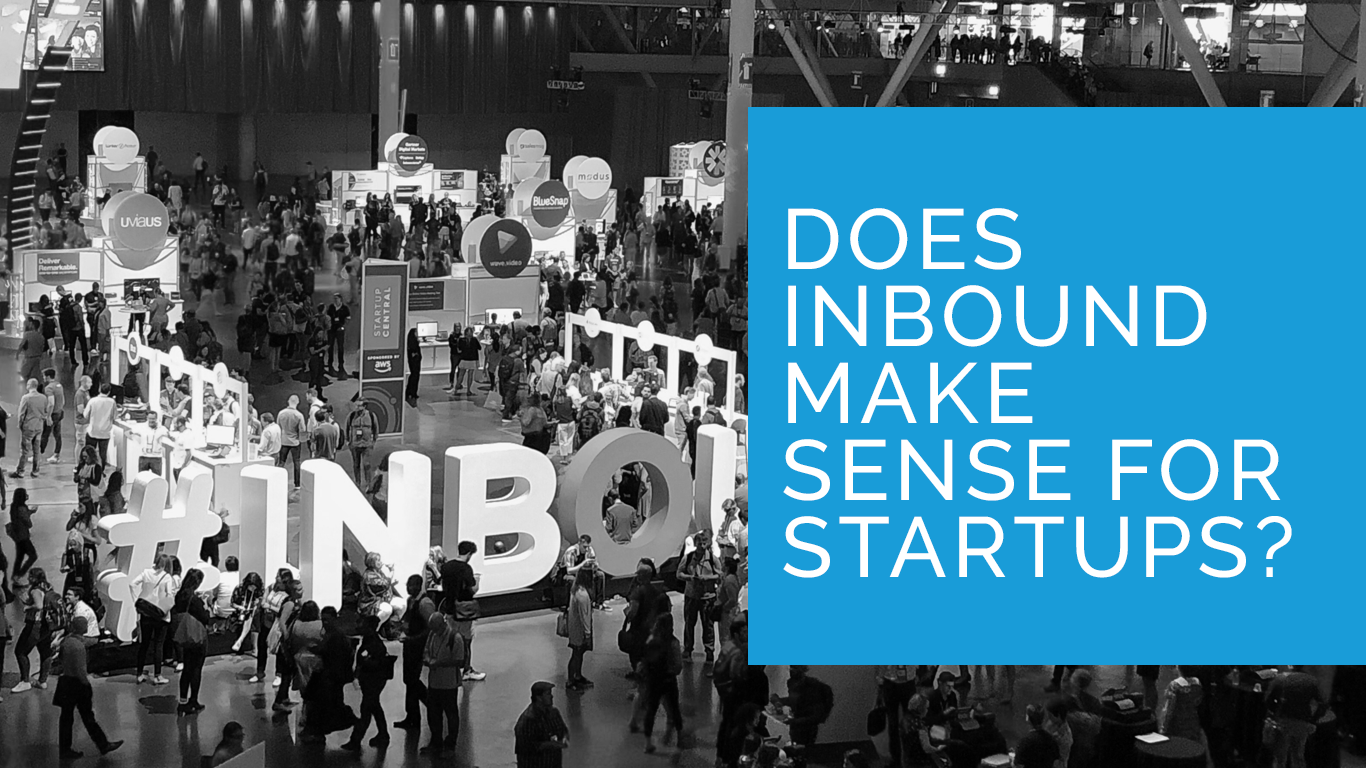Three and a half years ago we brought SpinLab to life, and just recently we were awarded as one of the top 3 German startup accelerators in an independent study conducted by the Cologne University of Applied Sciences (RFH).
Other studies mention us as lighthouse and also we have been selected as one of the top 10 German business supporters by the German Council of European Enterprise Awards committee.
Considering that we are also a variant of a startup with scarce resources as well, my team really delivered great results in the last years. Let me briefly sum up our history and combine it with learnings, tips, and suggestions for every startup doing business in Germany.
But first, a story about starting a startup accelerator with nothing but ambition and a desire to kick ass
I still remember the day back in late summer 2014 when I met Gerd-Harry Lybke, a famous art gallery owner from SPINNEREI, and one of the SPINNEREI owners, Tillmann Sauer-Morhard, for the first time at HHL Leipzig Graduate School of Management.
They had an empty floor in Hall 14 of the SPINNEREI and – as popular as it still is today – they wanted to do something with startups. Today, both are not only advisory board members of the SpinLab, but also something that I would call true business friends supporting me with their contacts, experience, and time.
However, they came to HHL to meet Prof. Dr. Andreas Pinkwart, former Dean of HHL and the current Minister for Economic and Digital Affairs in Germany’s most populated Federal State, Northrhine Westphalia, to talk about the possibilities to collectively build a startup center at Hall 14.
Besides a huge empty room there was nothing like a concept, business plan, financial resources, or partners.
 Startup Advice: Only take the advice that helps you grow!
Startup Advice: Only take the advice that helps you grow!
That’s when I joined the game and I was honestly drawn to this opportunity.
We needed a boot-strapped business plan that allowed us to establish a kind of minimum viable product (MVP) accelerator proving that we are the right people to build, manage, and grow an accelerator ecosystem and that Leipzig has the potential to host ambitious entrepreneurs from all over Germany and Europe.
We all did know that we can expand and win new partners, better startups, and lot of attention if we manage to kick this off with zero resources.
So our concept had the – back at this time very unique – idea of combining several corporates as (paying) partners to form a joint accelerator that only serves one goal: Helping startup companies succeed.
The latter was always our key goal, because in our model startups are the key resource and the better and more successful our startups are, the stronger our credibility in the market would stand.
You could also say that successful startups are our key product and to this day today our basic question in all major processes is: “Will it help us make startups more successful?”
Form a joint accelerator that only serves one goal: Helping startup companies succeed.
So we defined our concept and MVP around that assumption. Since we had no resources, we had no time to lose. Convincing some first partners - and a very special thanks to the very first ones MBG Sachsen and taskforce – Management on Demand - we started with an overall secured budget of significantly less than 100K Euro.
Just enough to pay a small salary to me, my first colleague Theresa Walbrach, (we had a great time!) and the rent. Back at these days I saw a newspaper article that said the average salary of corporate incubator CEOs was above 250K Euro a year.
What a great motivation to kick some asses and show we could do better with way less!
Without further ado, our key startup lessons learned we’ve seen in our time thus far:
1. Founders should never start with the idea “If I get significant venture capital funding, I'll start the project” and wait for funding.
You’ll wait forever.
If you can’t earn some money with early sales of a MVP or at least do some consulting, don’t start.
Crowdfunding may provide a great opportunity to acquire the first rounds of money by simply showing your idea to interested parties online (however, don’t think crowdfunding comes without cost!).
Public grants may also help to gain first income, but carefully consider the bureaucracy, effort, and time needed. Often, it is faster and better to earn real money instead of earning grants. From my experience, most startups attract venture capital, when they already do sales.
2. Carefully define your MVP and key resources.
What product or service can be sold as soon as possible and which resource will allow you to sell a more mature product easier and more expensive later on? Create this MVP, sell it and then optimize this resource!
But don’t mix that up, never optimize your MVP! We unfortunately saw some failed startups that tried to sell a perfect first product such as Laviu and poqit.berlin.
I know that hardware is hard, but still I think a soft version of the Laviu pulsator or a well-designed classic pocket without charging - even not electrical at all – would have helped both startups.
We learned from tex-lock, who sold a MVP and received criticism, that early sales and early learnings are important.
Just a few weeks after their first, improved all-textile bike lock, the founders announced an improved second version which is now a great product. The resources allow them to build an even greater product with electric components these days.
3. Get a strong network around you.
Our first partners were good contacts from our advisory board members and some that I had. It really helped at the beginning to work with some trustworthy, well-known, people and also being affiliated with the strong brand of HHL Leipzig Graduate School of Management helped us a lot!
So creating an advisory board may help you a lot. However, don’t think these kind of people will do your job. Considering their schedules, anything more than short tips and intros won’t be possible.
Operational work stays yours at the beginning! (including bringing down the waste bins and cleaning the dishes). As a tech startup, an accelerator might be for you, this was what my advisory board was for me as founder of the SpinLab.
4. Don’t think about your salary too early.
If you want to earn more with less effort and risk go work for a big corporation. Period.
And that is okay. Founding a successful startup will only pay off economically in long-term. But it is highly motivating and satisfying right from the beginning if you do YOUR thing. Consider this as mental payoff.
 Startup Lessons Learned: Don't think about your salary too early.
Startup Lessons Learned: Don't think about your salary too early.
5. Focus and growth with efficient marketing
Your MVP is ready, first customers work with you, and your key resources are there. Great! Time to grow further.
Consider growth as nurturing your key resources – may it be your employees and startups (as in our case) or software or whatever.
What is required to strengthen your resources that will make your customers pay you and not someone else? In our case startups required space for future growth, so we did everything possible to expand our space. We also used temporary solutions to deliver in time.
Today we rent 1.000 square meters and hopefully, we will expand to more than 5.000 square meter next year – again with temporary solutions for those with urgent needs.
We also recognized that regional startups have had problems publishing success stories in national media, so we decided to work with some partners to establish www.startup-mitteldeutschland.de, one of Germany’s leading online startup magazines, which also helps us establish an overview on activities around us.
We then realized our key resource, startups, have issues finding the right people, so we developed a joint SpinLab talent pool that know generates at least one application a day.
Also, startups typically have no money, which meant we had to offer a starting grant of 6.000 Euro (nowadays up to 15.000 Euro) and we connected with some tech partners like Amazon Web Services, Pipedrive, or Google who offer services free of charge.
Next step will be to create a venture fund that co-invests into ambitious startups. Growing also means the danger of getting blurry and doing to many things that are okay, but somehow not relevant and not great for your customers.
At SpinLab we started with literally no paid marketing at all, knowing that some competitors at the same time spent 300K Euro a year only for ads (which was 3x our overall yearly budget back at those days. For three years now we collect numbers and track conversions, so today we know quite well what works and where we needlessly burn our money.
In our case, referrals are the best way and you can’t buy referrals easily. So most effort we do is on referrals and still today our ad spending is super small but very efficient.
6. Always consider that you should only focus on things that strengthen your key resource basis that allows you to sell something unique to your customers.
Also, focus means saying NO more often.
- Say no to opportunities that do not strengthen your basis of resources.
- Say no to hundreds of studies that require only 10 minutes of your time (which will most likely get 20 mins or more) to research something.
- Say no to events that do not provide a direct impact
- Say no to startup awards that do not bring in money or perfectly fitting contacts.
- Say no to potential employees that will not help to grow your resource basis.
7. Sometimes, it is worth sourcing things out or involving other external people.
This holds especially true if some activity is a nice to have, but will not directly provide too many benefits for your key business model.
For example, with Startup-Mitteldeutschland we created an online magazine that covers its own expenses, because it is great and important for our region to have it, but we are not a media house. It is not a key resource, so we outsourced most efforts to three authors mostly independent from us in their daily work.
8. If your product is great, you can use ads and other marketing instruments to spread it.
Don’t burn money to market a product that is not great yet (even the MVP has to be great in its special niche). Don’t waste your time if you have nothing to sell yet and don’t waste money in something that does not convert.
However, providing useful content to others (such as the piece you’re currently reading) and contacting and supporting journalists, are great ways to get attention efficiently.
Moving forward, what is the next step? We will do what helped us in the past – Focus on startups!
Today, we have supported a couple of great startups like Sensape, Rhebo, Relax Commerce, Flynex, Xain, replex, DIPAT and many more.
This helped us to partner with strong companies such as VNG Group, AOK PLUS, Leipziger Gruppe, Porsche or DELL. Around us, there is an ecosystem that we fed some years and now starts to return the favor.
This also means that other initiatives like the Smart Infrastructure Hub (Digital Hub Initiative) get interested in us. It shows that growth and success both offer new opportunities, but we always tried to deny everything that does not serve our key resources (e.g. providing consultancy services to externals).
For us, future growth will mean expanding our space – because our startups need more -, creating a venture capital fund – because our startups need financing -, and provide digital content – because this allows us to serve more startups. Altogether, this will hopefully make us even more interesting for partnering companies.
For us, future growth will mean expanding our space – because our startups need more -, creating a venture capital fund – because our startups need financing -, and provide digital content – because this allows us to serve more startups.
BTW: I’m writing this while sitting in the plane to Brussels, where I’ll present the Smart Infrastructure Hub to EU representatives and regional politicians – will this pay off?
I don’t know yet, but I see the chance that closer policy links will help our key resources – startups in heavily regulated fields such as energy, smart city and health – to perform better.
I could have spent the flight time differently, but I think sharing experiences may help attract great startups in the future. That’s the way of thinking that helped us get comparably successful with extremely limited resources, in a small timeframe.
So get motivated, get inspired, and make your startup kingdoms as successful as they can be. When you need us, we’ll be here, doing what we do best!






/RootCamp_Logo-Ecosystem.png?width=200&name=RootCamp_Logo-Ecosystem.png)
/Bitroad_Logo-Ecosystem.png?width=200&name=Bitroad_Logo-Ecosystem.png)



/White%20Versions/stadt_leipzig_white.png?width=130&name=stadt_leipzig_white.png)
/lfca_white.png?width=119&name=lfca_white.png)

/White%20Versions/sachsen_signet_white.png?width=65&height=79&name=sachsen_signet_white.png)